
Robert Blake was born in New Jersey in 1933. He made his film debut as a child actor in 1939 in “Bridal Suite” starring Annabella. He went on to make “Humorseque” and “The Treasure of the Sierra Madre” in 1948. Among his adult roles are “In Cold Blood” in 1967, “Tell Them Willie Boy Is Here” and “Electra Glide in Blue”.
TCM Overview:
Actor Robert Blake began his career as a member of the preadolescent comedy troupe “Our Gang,” and later as an adult actor enjoyed critical notoriety with the docudrama “In Cold Blood” (1967) and achieved breakout fame as the exotic bird-loving star of the popular television series “Baretta” (ABC, 1975-78). It was as the prime suspect in the domestic murder of wife Bonnie Lee Bakley, however, that would ultimately overshadow the onetime revered actor’s career. As a child, Blake’s parents began taking the toddler to auditions in Los Angles in the late 1930s, and for more than a decade he appeared in dozens of films and television programs. After a tumultuous two-year enlistment with the U.S. Army, Blake returned home and underwent intense psychotherapy treatments in an effort to cope with his depression and self-loathing. Having made substantial gains, he resumed his acting career as an adult with supporting roles in such films as “Pork Chop Hill” (1959) and “The Greatest Story Ever Told” (1965). With his intense portrayal of murderer Perry Smith in the adaptation of Truman Capote’s “In Cold Blood,” Blake was poised for mainstream feature film stardom. Follow up movies failed to capitalize on the earlier success, however, and the actor soon returned to television. As the streetwise titular hero of “Baretta,” it seemed Blake had at last found his star-making role. After his hit cop show was canceled, the actor appeared with some regularity on television before disappearing from screens almost entirely for nearly a decade.
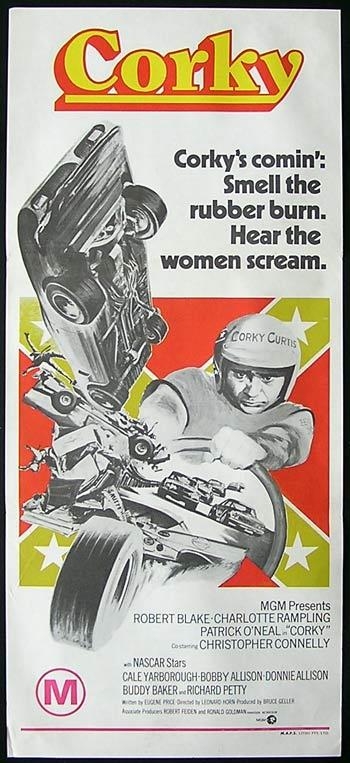
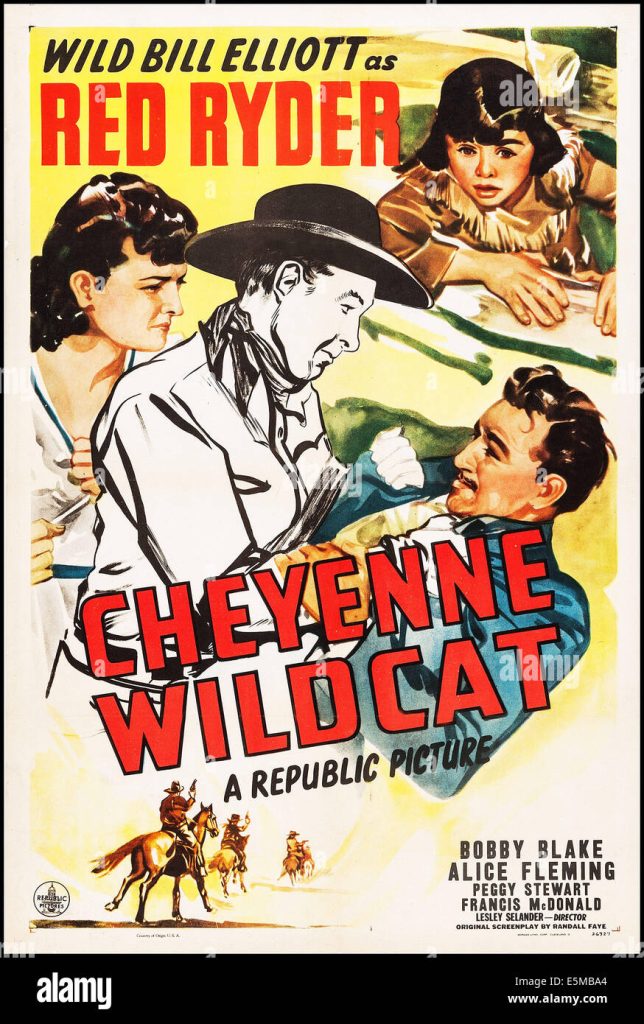


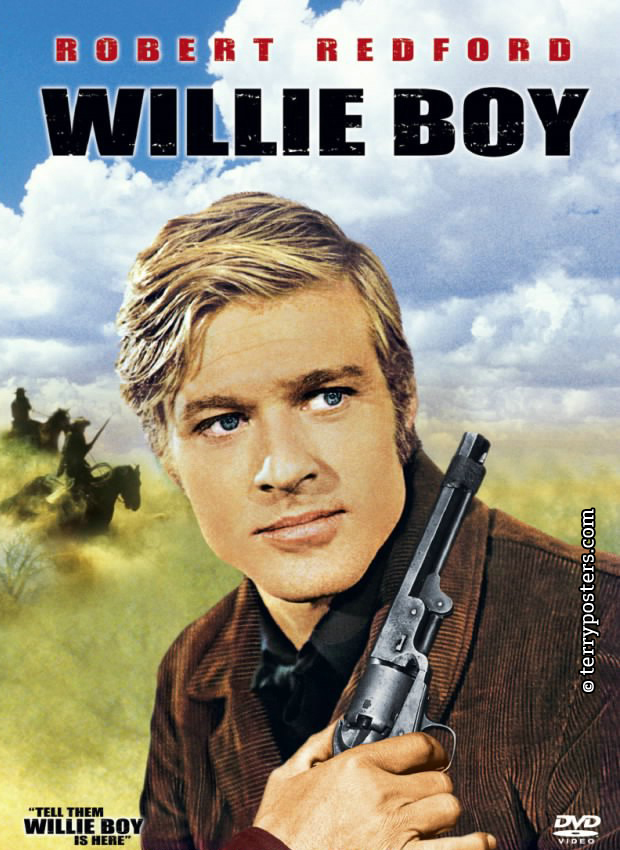

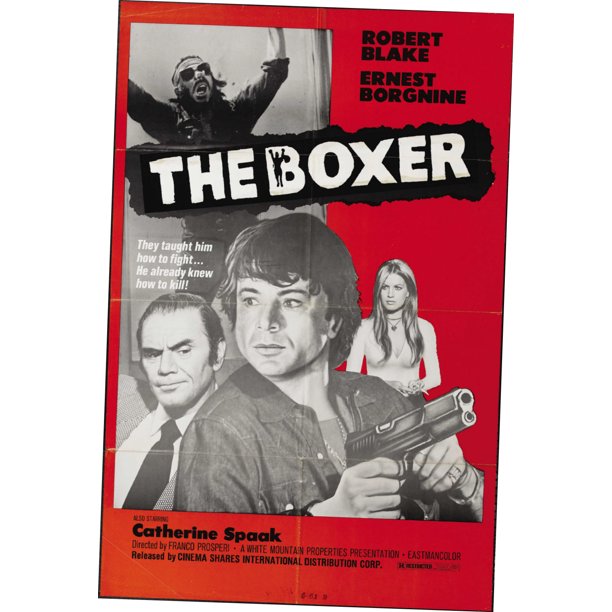



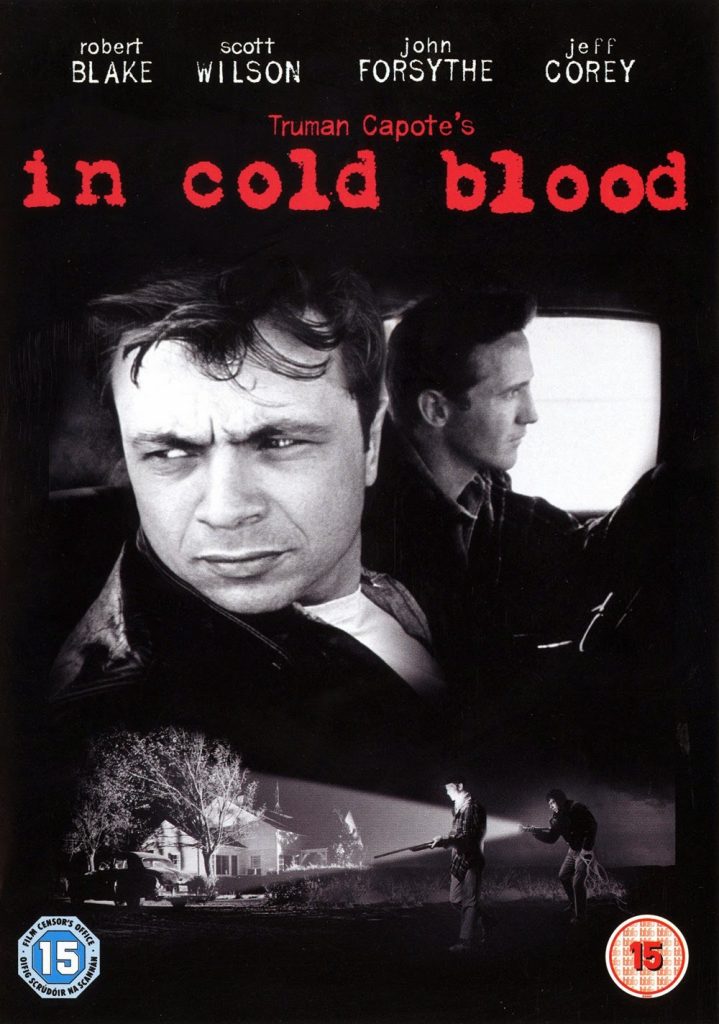
New York Times obituary in 2022:
Michael James Vijencio Gubitosi was born on Sept. 18, 1933, in Nutley, N.J., to James and Elizabeth (Cafone) Gubitosi. His childhood, as he later described it, was a Dickensian one whose horrors began before he was born. He told CNN in 2012 that his mother had twice tried to abort him with a coat hanger. In a series of interviews in 1992 and 1993, he said his father, who worked for a can manufacturer, had been an alcoholic who forced him to eat from the floor, locked him in closets and sexually abused him.
When Michael was 2, his father enlisted him and his two older preschool siblings to dance for money in parks as “the Three Little Hillbillies” while the father played a guitar. “It was either doing that or stealing milk bottles off other people’s porches,” Mr. Blake said in a 1959 interview with The Los Angeles Times.
Inspired by the success of child stars like Shirley Temple, his father in 1938 took his family to Hollywood. Michael was hired as an extra for the “Our Gang” shorts, later shown on television as “The Little Rascals.” When another child actor flubbed a line, Michael told the director, “I can do that.”
He could, and he was eventually cast as a lead character, Mickey. He was billed as Mickey Gubitosi in most of the “Our Gang” shorts, and as Bobby Blake in the last few. He acquired the stage name Robert Blake in 1956.
After the “Our Gang” series ended in 1944, he appeared in more than 70 films over the next decade, establishing himself as a tough, fast-talking young character actor with a mischievous grin. In “The Treasure of the Sierra Madre,” starring Humphrey Bogart, he was the Mexican boy who sold Bogart the lucky lottery ticket that set the plot in motion.
Mr. Blake was thrown out of five schools before finally graduating. He neglected to register for the draft, and the penalty was immediate conscription into the Army. He was stationed in Alaska.
After his discharge, he applied to study at the Actors Studio in New York with the acting guru Lee Strasberg. Strasberg, he said, advised against pursuing an acting career.
Returning to Hollywood, Mr. Blake found work as a stuntman. He continued to act in movies, including “PT 109” (1962), about John F. Kennedy’s wartime experience in the Pacific; he played one of Kennedy’s fellow sailors.
His breakthrough movie was “In Cold Blood,” which received excellent reviews, as did he. But his next few movies struggled at the box office, and after filming “Busting” (1974), a detective drama in which he starred alongside Elliott Gould, he considered suicide, he told Playboy, and checked himself into a hospital for psychiatric treatment.
Mr. Blake returned to television in January 1975 to take the title role in the ABC detective series “Baretta,” a retooled version of “Toma,” which had starred Tony Musante. When Mr. Musante quit after the 1973-74 season, the show was taken off the air, but ABC decided to reactivate it as a midseason replacement and asked Mr. Blake to be the star. He accepted, even though he made it clear in interviews that he considered himself above series television. He proceeded to make many suggestions to shape the renamed show to his liking.
“I could have my name all over ‘Baretta,’ but I’ve never taken credit for writing or directing any of the shows,” he told Playboy.
Mr. Blake won a 1975 Emmy and a 1976 Golden Globe for his performance, and “Baretta” was briefly a Top 10 hit. But it was canceled in 1978.
Speaking of Mr. Blake in an interview with People magazine in 2002, Stephen J. Cannell, the creator of “Baretta,” said: “Complex doesn’t even begin to capture his personality. If you were in business with him, you just had to strap in really tight, because you were going to get lurched around a lot.”
Mr. Blake claimed to be inspired by daredevils like circus high-wire performers and rodeo riders.
“You get on a high wire without a net,” he said in the 2012 CNN interview. “You get on a bull and they open that goddamn chute and there’s nobody in the universe but you and God. And that’s where I’m comfortable, doing something that’s so scary that I can’t sleep at night.”
Mr. Blake became a favorite on late-night talk shows, particularly “The Tonight Show,” where be would make fun of himself in his tough-guy Baretta voice and gesticulate wildly with an unlit cigarette.
Prodded by Johnny Carson, he excitedly shared his positive views on duck-hunting and negative ones on rodents and insulted Orson Welles for being overweight. Mr. Welles replied, “I’m fat and you’re ugly, but I can diet.”
Appearing in a number of television movies, Mr. Blake was praised for his performance as the Teamsters boss Jimmy Hoffa in “Blood Feud” in 1983. In 1985, he created the NBC series “Hell Town,” in which he starred as a tough-talking slum priest. Though Mr. Blake needed the income from the show to pay for his recent divorce, he walked away from the job, saying he was emotionally exhausted.
He sought solace sleeping in his van, parked in the Hollywood Hills, and worked with a therapist on his childhood traumas. He returned to acting in 1993 in the made-for-TV movie “Judgment Day: The John List Story,” about a real-life New Jersey accountant who murdered his wife, mother and three children.
To get that part, Mr. Blake had offered to forgo his $250,000 salary until the film was finished. He was paid in full. His last acting job was in “Lost Highway” (1997), a psychological thriller directed by David Lynch.
Mr. Blake is survived by two children from his first marriage, Noah and Delinah Blake, and Rose Blake, his daughter with Ms. Bakley. His third marriage, to Pamela Hudak in 2017, ended in divorce in 2019.
After his trial, Mr. Blake told CNN, he grew a beard, lived on Twinkies and liked to wander into pool halls for a game of nine ball. “I was born lonely, I live lonely, and I’ll die lonely,” he said.

